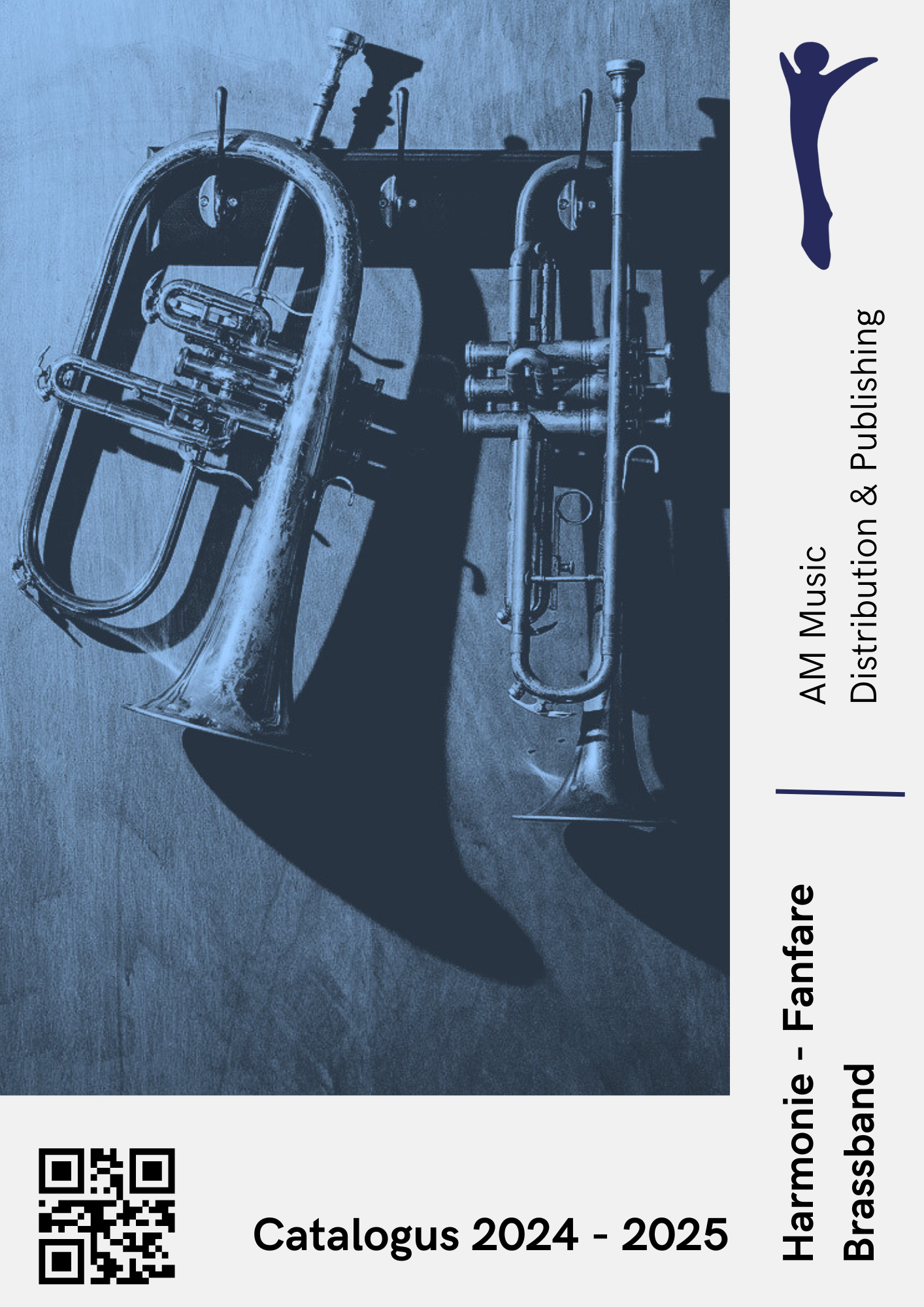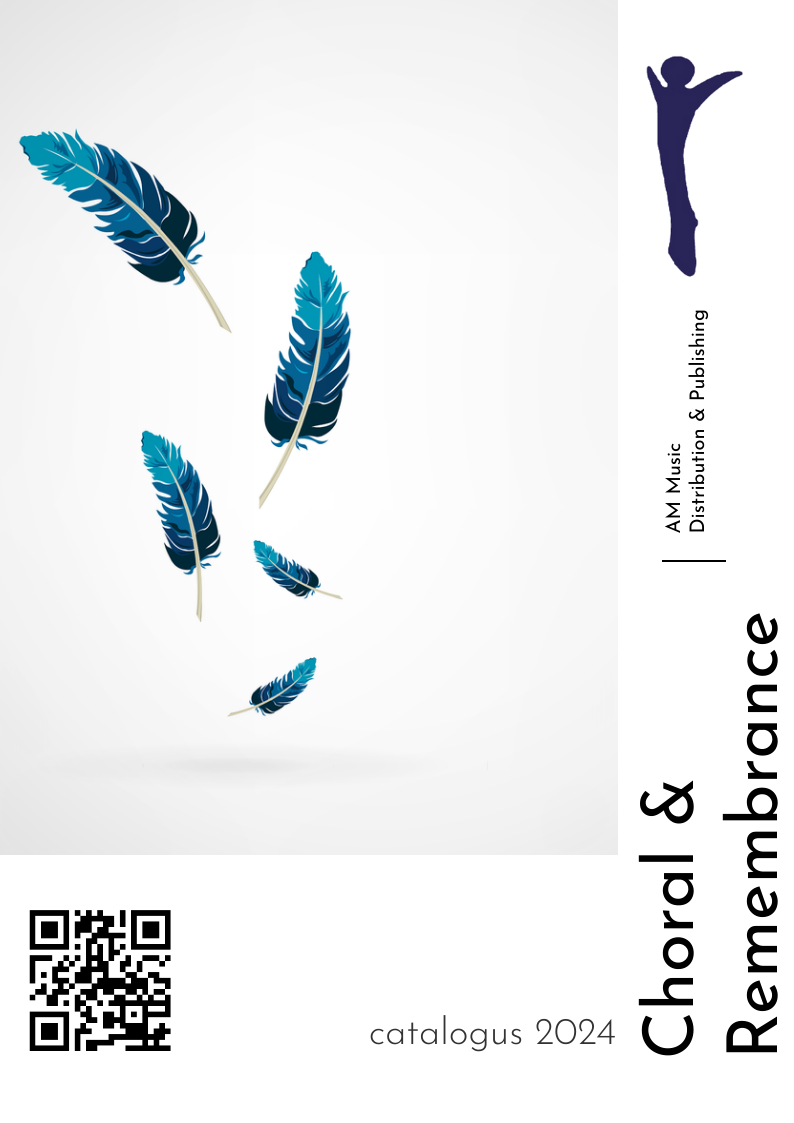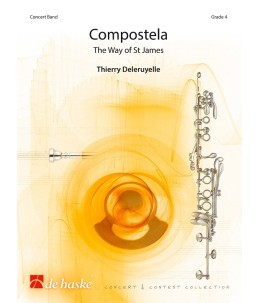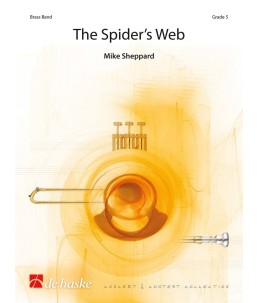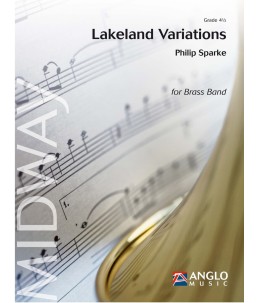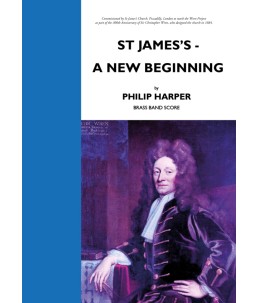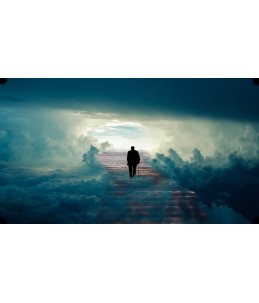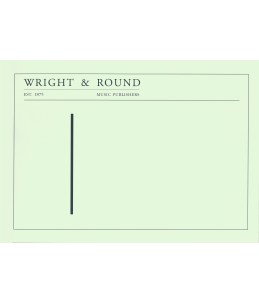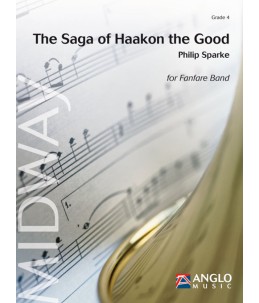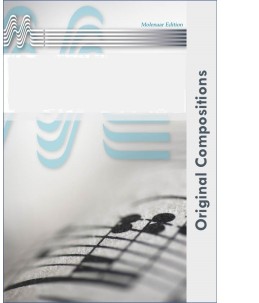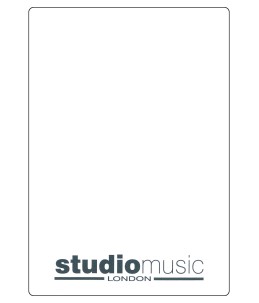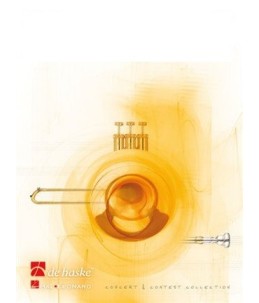
-
-
-
-
-
Afterlife€160.60
In 'Afterlife', the composer describes his impressions at death and the afterlife.
The work is based on the Dies Irae motif, which has often been used throughout music history to represent death. Different emotions associated with death are expressed in various forms and inversions of the theme.
-
The Rings of Saturn€61.60
This piece attempts to convey the vastness of time, space and the universe, and mankind's miniscule and fleeting existence within it. It features lyrical solos for solo cornet, repiano and flugel horn, placed spatially in the performance space.
-
-
-
The New Jerusalem€115.95
Commissioned by the National Youth Brass Band of Great Britain and first performed in 1990, a revised contest version was subsequently used as the set-work for the 1992 National Championships of Great Britain. It has since become one of Philip Wilby's most revered compositions and has been performed throughout the contesting world. Although initially inspired by a quotation from the Revelation of St John — "And I saw a New Heaven and a New Earth; for the first Heaven and the first Earth were passed away….", in the composer's mind it subsequently took on an almost allegorical dimension — much like Eric Ball's 'Journey into Freedom'. Revised against a backdrop of huge political change following the demise of the Soviet Union and the domino effect of collapse that occurred throughout former Eastern Block communist countries, for Wilby it came to represent "the triumph of the human spirit over oppression". As he himself wrote: "For a moment, the prophecy of St John's Revelation was suddenly highlighted in a new and quite unexpected way. The off-stage fanfares*, the turbulent nature of a large proportion of the band music and above all, the piece's life affirming end may all be seen as an optimistic vision of that social and religious rebirth".
-
-
-
